meanderingthroughtime.weebly.com/history-blog/death-of-a-hero-horatio-nelson
|
On the 29th September in 1758, Horatio Nelson, the sixth child and third surviving son of Revd Edmund Nelson and Catherine Suckling, was born at Burnham Thorpe in Norfolk. Nelson's mother, who died when he was nine, was the great-niece of Prime Minster Robert Walpole. She named her son after her second cousin, Horatio Walpole, who served as his godfather. In the baptism register of the parish church of Burnham All Saints, you can see that someone had entered information about his career. At the age of ten, Nelson learned to row and sail a dinghy at Burnham Overy Staithe, a hamlet just a few miles away from his home. At the age of twelve, he finished his schooling at Sir John Paston's School at North Walsham and joined the navy as an ordinary seaman aboard the HMS Raisonnable. Thirty-five years later, as Horatio, Lord Nelson he would captain the HMS Victory. The Battle of Trafalgar is what Horatio Nelson is remembered for. This battle resulted in the loss of nineteen French and Spanish ships and 6,953 enemy casualties. The English lost no ships but there were 1,690 casualties including Nelson himself.
meanderingthroughtime.weebly.com/history-blog/death-of-a-hero-horatio-nelson
0 Comments
Henry Handley, entrepreneur and member of Parliament was described by one James Grant as "a tall, stout, good-looking man. He has a jolly, countrified countenance, with a complexion redolent of health. His face is full, and his features are regular and pleasing. His hair is of a light brown, and he sports a pair of whiskers of which any Spanish Don might be proud." Handley inherited his estates in Lincolnshire and Nottinghamshire on the death of his father Benjamin Handley who had helped to establish the canalisation of the River Slea, known as the Sleaford Navigation, and who also founded the first bank in the town. Following his move to Culverthorpe Hall, his new home just outside the town, Handley became interested in agricultural affairs and the plight of the land working people in regard to the Malt Tax stating " it was impossible for the present system to continue long; the voice of the people must prevail...." Proud of their son, the town erected a monument to commemorate the life of Henry Handley who had been born in the town in 1797. Handley died in the June on 1846.
The parish church of St Columba sits at the heart of the ancient town of St Columb Major in Cornwall. In this churchyard lie many of my ancestors who lived in and around the town from the early 15th century and where my family still live today. In the image above you can see a passageway under the churches clock tower. This path was a right of way to a college founded by my ancestor Sir John Arundell in 1427. The Arundell's, for many years, were influential within the town, a number of them prayed in their private chapel and are buried inside the church, you can see one of them in the image below, their ancestral home was in a neighbouring village. However, it is another St Columb Major family I am researching at present, that is the family of Scoboryo, a family whose ancient origins lie further south and most of whose mortal remains lie peacefully in the churchyard. The Scoboryo family story, in regard to the survival of a family and in particular it's surname, is a sad one - the fine detail I have yet to discover. It begins however with a marriage in 1641. You can imagine a small wedding party walking to St Columba's church on a cold morning in February. The wedding and the feast that followed would likely have been a grander affair than what other members of the town could expect, the Scoboryo's being either gentry or yeoman farmer's. Three years later two children were born and baptised, only the son Thomas making it into adulthood. Eventually, Thomas would be the father of fifteen children, a good basis, you would think, to start a small but successful Cornish dynasty. However, this was not to be, Thomas's children were born in the years between 1669 and 1694, but by 1695 only three, two daughters and a son had survived - the other twelve had joined their grandparents in the parish churchyard.
If all of these children had survived then eight of them, being boys, would have seen to it that this unusual surname would have been around for a few more generations, but sadly this did not happen, for it was left to my ancestor, the one surviving son, to carry the name of Scoboryo into the future - and this he did successfully, but two generation later, the surname, in St Columb Major at least, was extinct. My research continues. Life is full of coincidences. One particular one springs to my mind are the events of a family holiday to Lanzarote a few years ago. As our plane taxied down the runway of East Midlands airport, the pilot introduced himself as Captain Benbow, nearly all of the passengers sniggered, including me. What was probably going through their mind, as it was mine, was the thought he may have looked a bit like Long John Silver from Robert Louis Stephenson's book Treasure Island. Many of you will know that Stephenson's wonderful story is the tale of Jim Hawkin’s quest for buried treasure that begins at his father’s inn. Can any of you remember its name? Yes, that's right, it is the Admiral Benbow. I was even more excited when I found out that the island of La Graciosa, the smallest island in the Canaries, which you can see from Lanzarote's mountain restaurant Mirador del Rio, (where incidentally they do a great paella) is thought to have inspired Stevenson to write his book. How fantastically coincidental is that? English naval officer John Benbow died on the 7th of November in 1702 following complications to a wound to his leg. It was Benbow who Stephenson named the pub after in Treasure Island. You can read more about John Benbow here:
History records Simon Fraser, 11th Lord Lovat, a loyal British army officer support of the government, a spy and a Catholic convert. He was also a turncoat, who switched sides during the Jacobite uprisings. After fleeing the battlefield Culloden in 1746, Fraser was found hiding in a hollow of a tree. He was tried for high treason in the August of that year and convicted on that count. He was executed on the 9th April the following year. Lovat went to his death on Tower Hill. The block and the axe on display in the Tower of London was used for his execution, he was the last person to be beheaded in Britain. Several people, who gathered to watch the beheading, died after the scaffold they were on collapsed. Of this, it is said Fraser found the incident so funny that his death led to the phrase "laughing your head off." However, there is no record of this. Fraser, according to a sympathiser, died an honourable death with the words
'For those things, which were done either by our fathers or ancestors, and in which we ourselves had no share, I can scarcely call our own.' Abou Ben Adhem (may his tribe increase!) Awoke one night from a deep dream of peace, And saw, within the moonlight in his room, Making it rich, and like a lily in bloom, An angel writing in a book of gold: Exceeding peace had made Ben Adhem bold, And to the presence in the room he said, "What writest thou? The vision raised its head, And with a look made of all sweet accord, Answered, "The names of those who love the Lord." "And is mine one?" said Abou. "Nay, not so," Replied the angel. Abou spoke more low, But cheerly still; and said, "I pray thee, then, Write me as one that loves his fellow men." The angel wrote, and vanished. The next night It came again with a great wakening light, And showed the names whom love of God had blest, And lo! Ben Adhem's name led all the rest. James Henry Leigh Hunt, who wrote these wonderful lines was born on this day in 1784. Better known as Leigh Hunt he was a successful critic, essayist and journalist. Remembered not only for his beautiful poems, Jenny Kiss'd me being one, but for his work on magazines and the founding of the newspaper The Examiner. He is also remembered for his friendship with Percy Shelley, John Keats and other poets who favoured political reform. For their writings in the aforementioned Examiner, both Leigh and John Hunt spent two years in prison after being found guilty on a libel charge after publishing an article criticising the Prince Regent. Following his release from prison Hunt accompanied his friends Lord Bryon and Shelley to Italy. Hunt married Marianne Kent with whom he had seven children, the eldest being journalist Thornton Leigh Hunt who worked on such famous newspapers as the Spectator and the Daily Telegraph.
It was in the July of 1794 that Horatio Nelson lost the sight in his right eye at the Siege of Calvi, it was on the 22nd of July of 1797 that he was quite literary in the wars again. Nelson was shot in the arm at the Battle of Santa Cruz.
According to the ships surgeon, Nelson sustained a "Compound fracture of the right arm by a musket ball passing through a little above the elbow; an artery divided; the arm was immediately amputated." Eight years later Nelson received a injury that would prove fatal. At the Battle of Trafalgar, a bullet entered his left shoulder, passed through his spine and lodged two inches below his right shoulder blade. When Nelson was close to death, he famously asked Vice Admiral Hardy to kiss him. Hardy kissed him on the cheek and Nelson asked who it was "It is Hardy" he said. "God bless you Hardy" was Nelson's last response. John Nevison was a notorious highwayman who had been convicted of horse theft and highway robbery. He went to his death in 1684 following his conviction for murder. Nevison was a rogue who had a reputation as a 'gentleman highwayman' a veritable Robin Hood who it was said 'never used violence against his victims, who was always polite and robbed only the wealthy.' He was an ex-military man from a wealthy family who fell on hard times following the death of his father. Everyone knew about Nevison at the time, even King Charles II had heard of him. In 1676 Nevison was tried on a charge of armed robbery that took place in Kent. Evidence was heard at his trial that he was in York at eight o'clock on the evening of the murder and therefore it was impossible for him to have been in Kent that morning and it was agreed that it was impossible to cover over two hundred miles in one day and therefore Nevison was acquitted. This ride from Kent to York was later used the embellish the story of another highwayman - does it ring any bells? John Nevison's name has faded into obscurity, his life story is similar to that of many men who resorted to highway robbery to earn a living, however, certain aspects of his life have been attributed to a man who few knew of at the time, but whose story would become stuff legends are made of. Dick Turpin was a violent troublemaker in Essex, a horse rustler, a sheep stealer in Lincolnshire whose past finally caught up with him. Turpin was sentenced to death by hanging and executed on the 7th April in 1739. It is said that he paid for professional mourners to follow him up the scaffold where he put on a great show for the large crowd. Reality and storytelling came together in 1834 in the book Rookwood, where the author, either by mistake or design, merges the gentleman highwayman that was Nevison with the violent show-off that was Turpin and added his own twist to the tale in the form of Turpin's horse Black Bess who he said to have died on exhaustion following Turpin's ride from London to York to establish an alibi.
Both these men lived a life of crime and were punished for it, but I cannot help feeling sorry for Nevison, the life he chose seems to have been born out of necessity whereas Tupin's, in his later crimes anyway, out of greed and profit. It was during the reign of George III that England underwent an agricultural revolution. Men like Berkshire born Jethro Tull, who died this day in 1740*, invented new farming methods that would improve the lives of those working on the land. Jethro Tull's plans for a career in law and politics were derailed due to ill health. Following his marriage, he moved to one of his father's farms in Oxfordshire. It was not long after this move into farming that he discovered that the old way of planting seeds was not very efficient. In the latter part of 1699 Tull worked on his ideas for a seed drill which he had perfected by 1701, before then furrows were dug by hand and the seeds were planted too close together. Tull's drill had a rotating grooved cylinder, not only did it prove to be cost-effective but it made the crop easier to weed. Jethro Tull's other invention with the aid to improving farming methods was a new plough. This plough had special blades that cut deeply into the soil and resulted in the grass and roots being pulled up and left on the surface to dry, these newly ploughed fields can be seen up and down the country and especially on the land that surrounds my village as you can see in the last of the images below. Thanks to Jethro Tull and other innovative and forward-thinking landowners farming output almost doubled. The increase in the use of crops grown as food for animals allowed farmers to keep more livestock and this meant more meat was produced and sold in the markets to feed the growing population, this revolution saw the introduction of not only the new systems of cropping and but also of selective breeding. Interestingly, it has been argued that the agricultural revolution did not happen at all, that the increase in farm production was a slow progression of events beginning in the mid-sixteenth century and ending in the eighteenth. Jethro Tull was buried on the 9th March 1740 in the village of Hungerford in Berkshire and is buried at St Bartholomew's Church in Lower Basildon where his gravestone can be found today. Bibliography
* - Oxford Dictionary of National Biography 1924 William Bligh was a West Country man born on the 9th September 1754. He is thought to have been born in Plymouth where his father was a custom's officer, however the origins of the family lie further west in the county of Cornwall at Tinten Manor in St Tudy. Bligh, I think, was never meant to pass into the annals of history unnoticed, his story, in one way or another, was meant to be told. It's a shame however that his reputation is based on the portrayal of the brutish Charles Laughton or the hard faced Trevor Howard in the 1935 and 1961 films Mutiny on the Bounty - because of this William Bligh is forever a villain. Bligh's career at sea covered the years between 1761 and 1814, he steadily climbed through the ranks from ships boy to Vice Admiral. It is due to Bligh that we know of Captain Cook's final voyage and his fate at the hands of a Hawaiian chief. However, it is the events of April 1789 that many of us associate with William Bligh. In 1787, Bligh was given the position of lieutenant on the Bounty, a small three masted cutter built three years earlier in the port of Hull. Under Bligh was a small crew with one Fletcher Christian as Master's Mate. The Bounty sailed for Tahiti in the winter of 1787 and left in the spring of 1789, it was on this return journey that the infamous mutiny took place. After the non compliance of an order by Christian and following an accusation of theft Bligh's troubles began, this eventually lead to Bligh and eighteen crew members being cast adrift. By the 14th June the small boat reached the island of Timor after travelling nearly 4,000 miles. Captain Bligh eventually returned to England arriving on the 14th of March the following year only to find that the country was already talking of the mutiny. He was at first proclaimed a hero, but later court martialed for the loss of his ship, his court case resulted in his acquittal. Bligh went on to captain at least eight more vessels, he was appointed Governor of New South Wales for a short time and ended his career as a Vice Admiral. The crew of Bounty, led by Fletcher Christian, had mutinied just off the Friendly Islands in Polynesia, and following setting their captain adrift, they headed for the Pitcairn Islands.
So who was the goody and baddie in this sad tale? Was it Bligh, the supposed cruel and brutal captain? Was Fletcher Christian a hero for not being afraid to standing up to a bully or was Bligh doing what he was supposed to do, that is captain his ship and keep control his men, or was Christian a rebel who mutinied when he was denied what he wanted. These are questions not easily answered I think. |
Archives
February 2024
Categories
All
After ten years in the workplace I became a mother to three very beautiful daughters, I was fortunate enough to have been able to stay at home and spend my time with them as they grew into the young women they are now. I am still in the position of being able to be at home and pursue all the interests I have previously mentioned. We live in a beautiful Victorian spa town with wooded walks for the dog, lovely shops and a host of lovely people, what more could I ask for.
All works © Andrea Povey 2014. Please do not reproduce without the expressed written consent of Andrea Povey. |
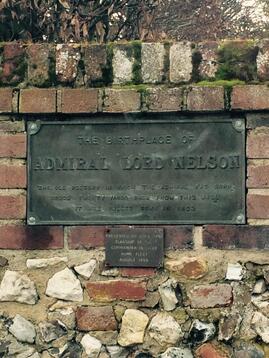
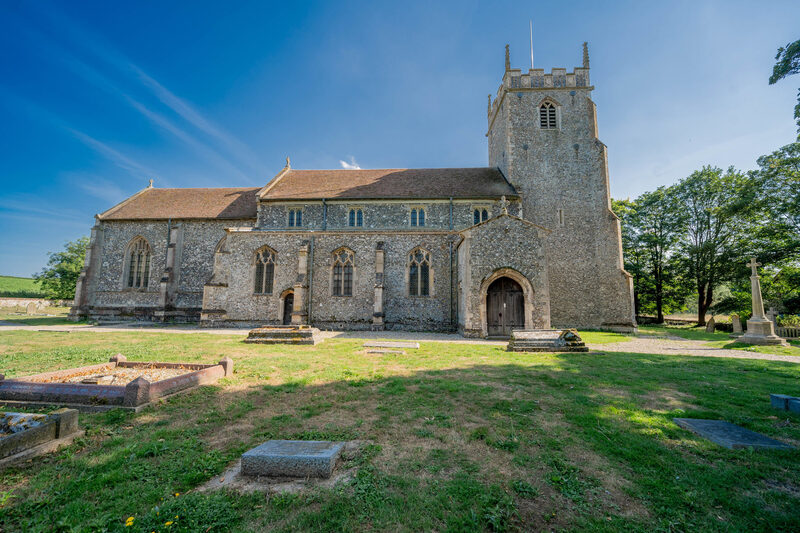
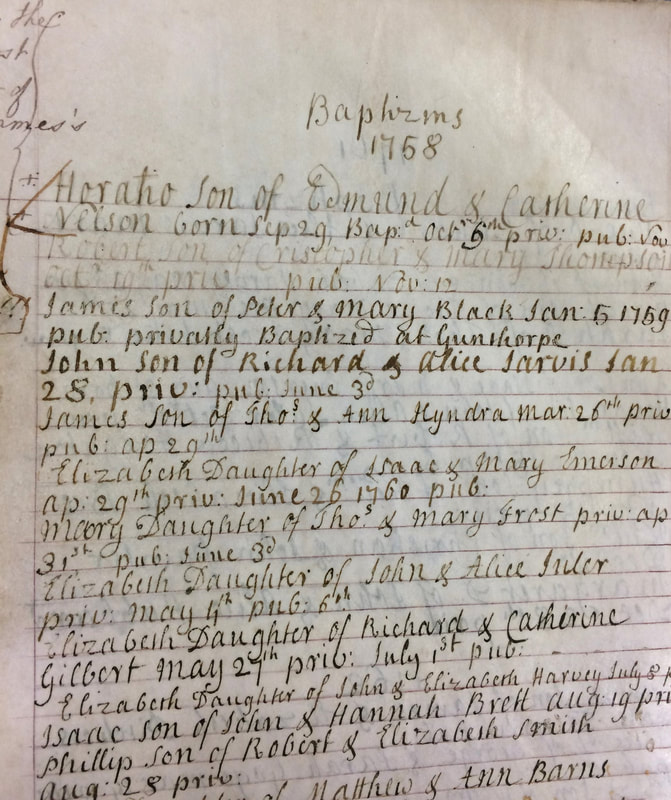
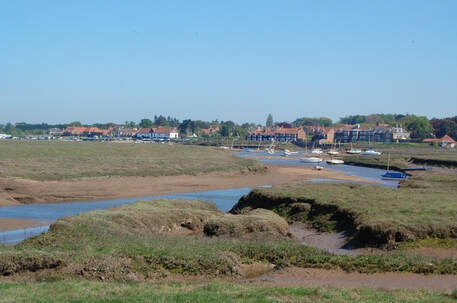
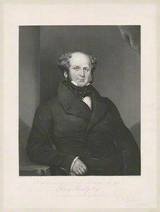
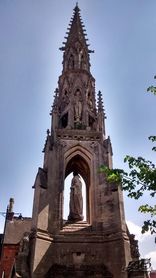
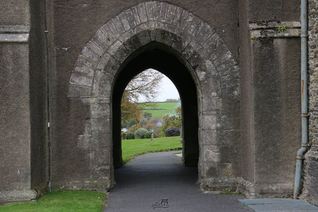
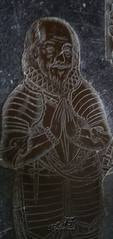
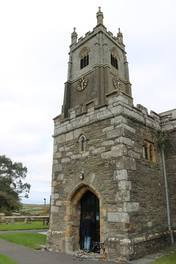
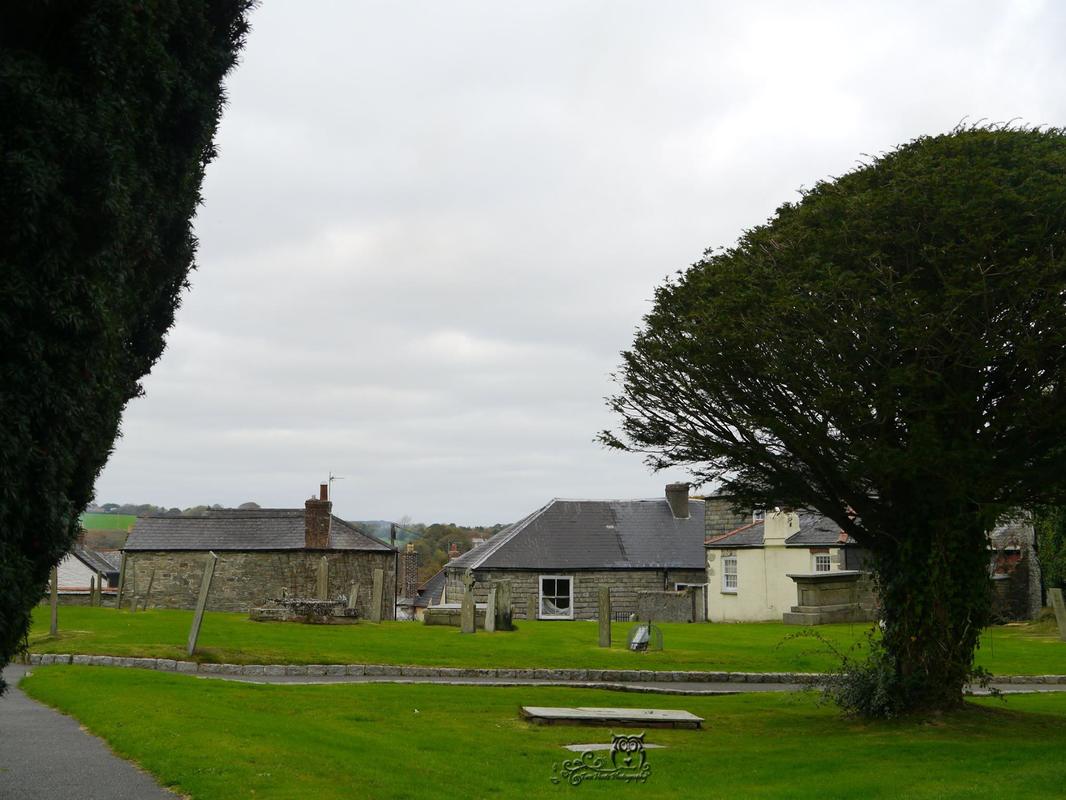
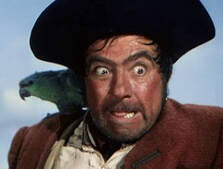
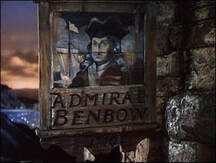
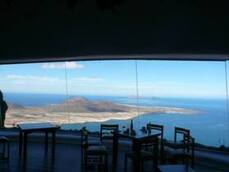
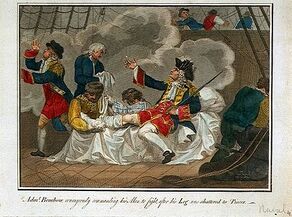
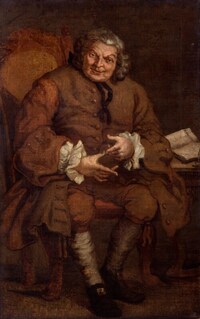
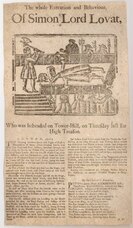
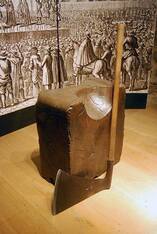
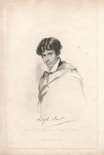
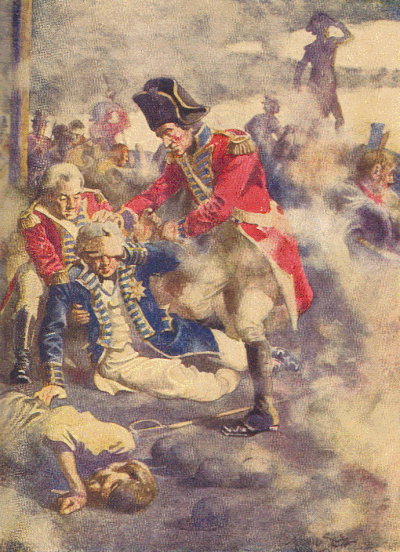
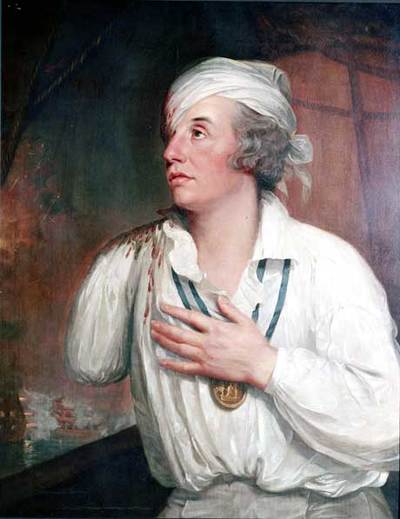
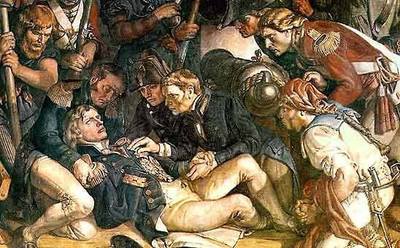
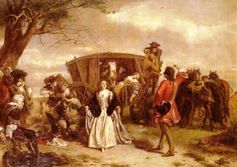
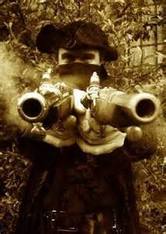
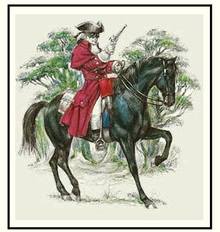
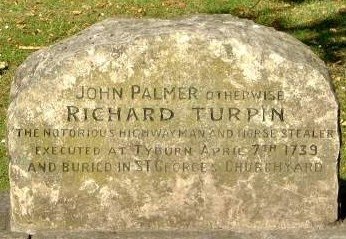
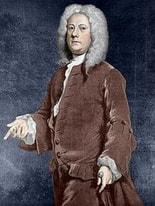
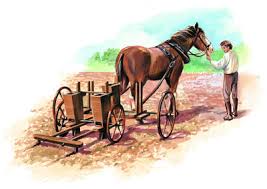
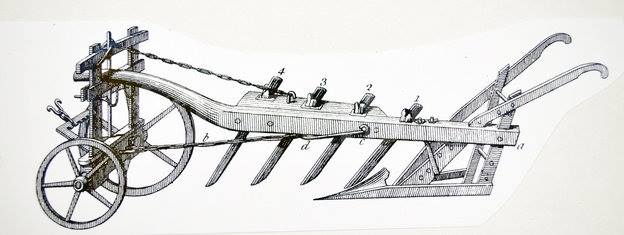
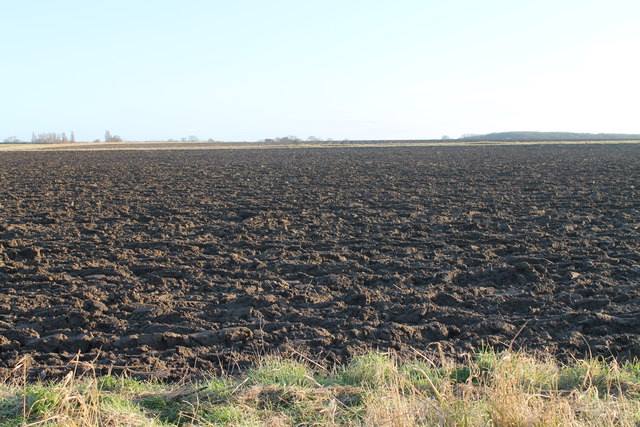
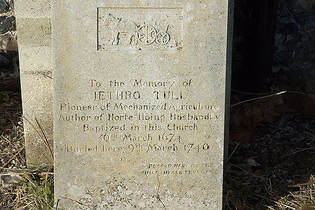
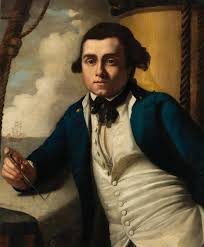
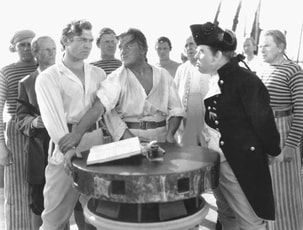
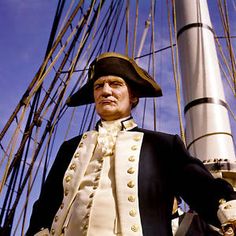
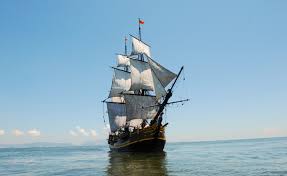
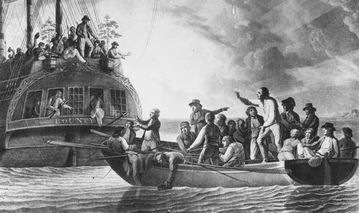

 RSS Feed
RSS Feed
